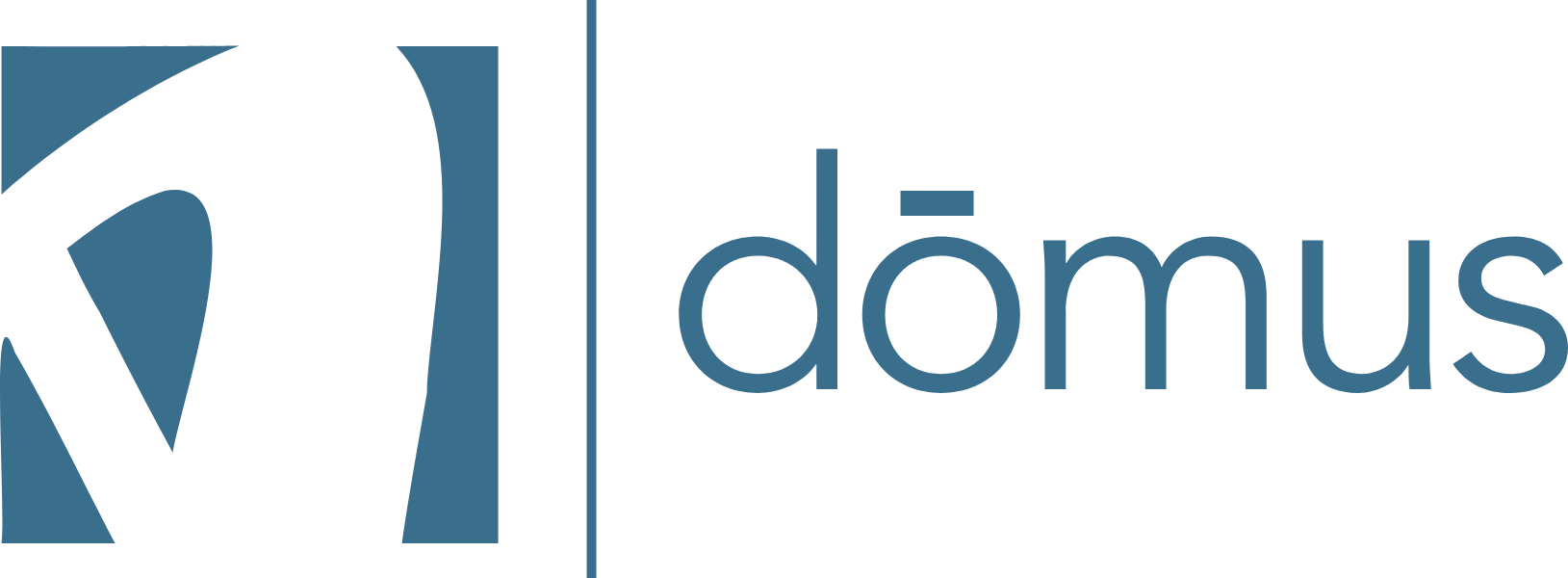Getting on the Mobile Web Marketing Bandwagon
September 22, 2009GM – Consistent Brand Positioning?
September 25, 2009Over the years, various studies have shown that the standard QWERTY keyboard layout that we all use is not the most efficient for typing. (In fact, it was originally designed in part to slow down typists.) However, various attempts over the years to introduce more efficient layouts all failed. The QWERTY layout was too ingrained into our typing habits to be supplanted.
Similarly, over these last few years we’ve seen a number of new search engines, all touted as Google-killers. There were Wolfram-Alpha, Hakia, Cuil, and others. All promised innovations in visual displays, in the structure of the input queries, and the organization of the output. But none have really made an impact. In fact, the only engines other than Google that still have some significant market share are those that use the same basic keyword requests returning relatively simple results pages – Microsoft’s Bing, Yahoo!, Ask, etc. Obviously, one reason is that these other companies have enough marketing capital and existing user bases to be successful.
However, another reason might be that people are comfortable with how search engines work today and are not interested in any change other than the relevancy of the results. This is just a thought, but it’s also one to be considered by any marketer introducing a better mouse trap of any kind.
Domus, Inc. is a Philadelphia-based marketing consulting agency. For more information, please visit our web site at http://www.domusinc.com.


